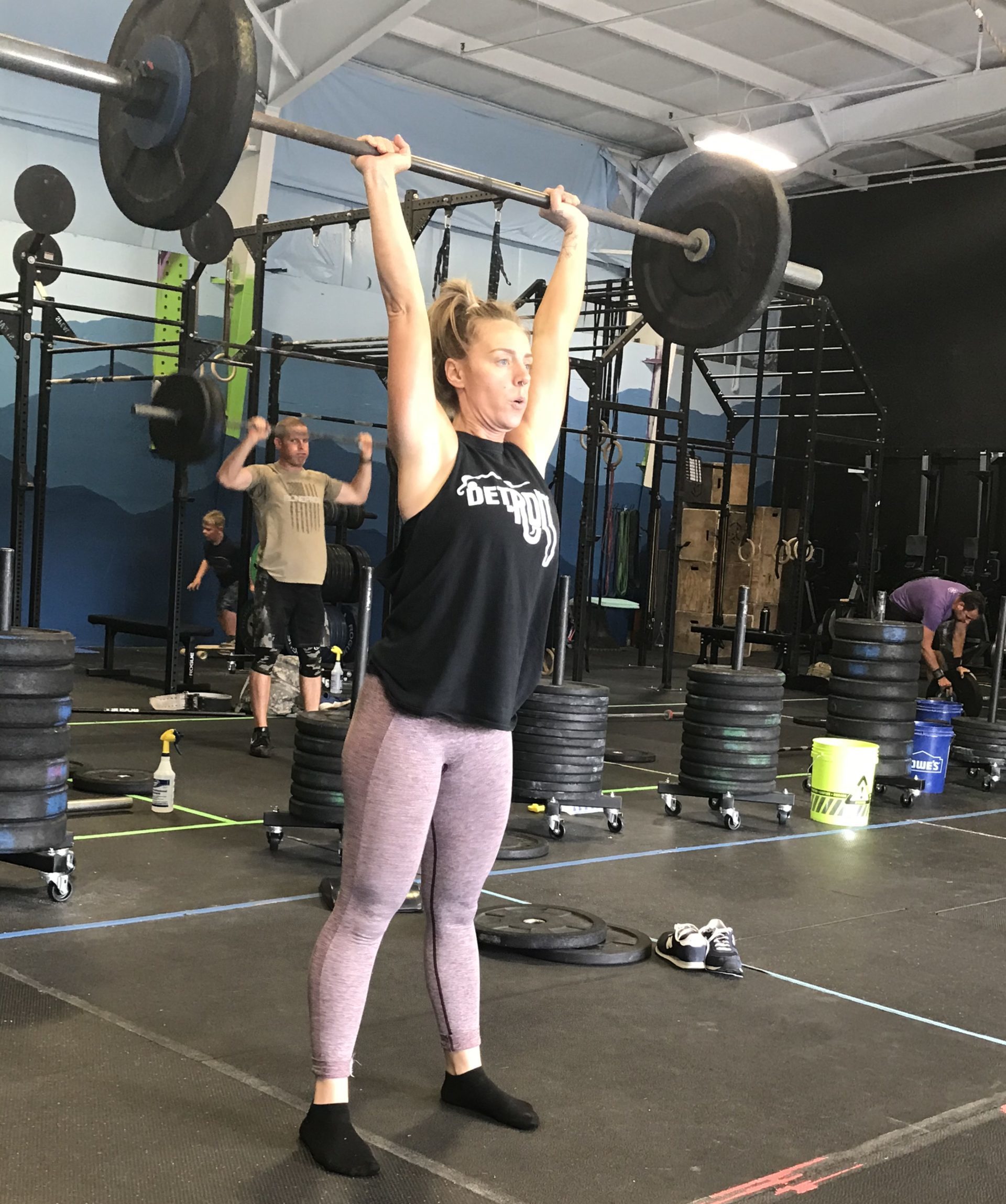
For better performance and faster race times, cardio-happy runners should consider supplementary weight training. Sounds weird? Explore everything you need to know.
 key components of boosting your running performance. Why? It comes down to three factors:
key components of boosting your running performance. Why? It comes down to three factors:
-
- It prevents injuries. Your body’s tissue capacity and load limits are what determines how resilient your tissues are. If they’re low, you’re more at risk of injury. Weight training is an excellent way to increase your muscular strength and clamp down on injuries.
- It helps you run faster. That’s right—weight training can also help you to increase speed, improve your neuromuscular coordination, and make your leg and core muscles “switch on” faster when you’re out for a run.
- It helps you run more efficiently. Finally, weight training for runners is a great way of improving your stride efficiency and coordination, making it one of the key ways that runners can refine their running economy.
Many runners worry about getting too bulky and inflexible from weight training. After all, the more muscle you have, the more weight you’ll have to carry around with you when you’re running, right? Don’t worry too much: it’s fairly unlikely that you’re going to end up looking like Arnold Schwarzenegger if you don’t want to. In truth, it’s easy to design a weight-training program that allows you to build up your strength without bulking up your muscles, so there’s no excuse for runners to skip the gym.
What are the best weight training exercises for runners?
 power and strength, as opposed to the circuit-based fitness classes that include a heavy cardio or metabolic element. Remember, going from running to weight training is a pretty big shift to your workout regime. If you’re unfamiliar with these types of exercises, you should consider speaking to a doctor before you start. Here are five of the best weight training exercises for runners.
power and strength, as opposed to the circuit-based fitness classes that include a heavy cardio or metabolic element. Remember, going from running to weight training is a pretty big shift to your workout regime. If you’re unfamiliar with these types of exercises, you should consider speaking to a doctor before you start. Here are five of the best weight training exercises for runners.
1. Hanging Leg Raise
A hanging leg raise is one of the key weight-training exercises for your core which works your abdominal muscles.
- Hang from a chin-up bar.
- Raise your legs until they are parallel with the floor.
- Slowly return to the start position.
2. Inverted Row
An inverted row is a great exercise for your middle back and core. and core.
- Place a bar in a rack at waist height.
- Place your hands shoulder-width apart on the bar.
- Position yourself underneath the bar, with your body straight and heels on the ground.
- Flex your elbow and pull your chest toward the bar.
- As you perform the movement, retract your shoulder blades.
- Return to the starting position.
3. Plank
Planks are another fantastic workout to build strength in your deep, inner core.
- Place your hands beneath your shoulders.
- Squeeze your glutes and abdominals.
- Keep your hips and back aligned.
- Hold for between 30 seconds and 5 minutes.
4. Push up
A push up is ideal for your chest and core muscles.
- Start in a high plank position with your wrists under your shoulder.
- Lower your chest to the floor.
- Push back up to return to your starting position.
5. Deadlift
For your hamstring, back, glutes, and core muscles, a deadlift is a great addition to your weight training for weight loss.
- Place your feet shoulder-length apart and bend at the knees.
- Hold the weight with an overhand grip.
- Keep your back flat.
- Lift the bar using your legs.
- Pull your shoulders back.
- Carefully lower the bar to the floor.
How often do I need to do weight training?
Thankfully, you don’t need to go crazy. You’re not trying to be a bodybuilder. Weight training twice a week should be enough, but the most important thing is to train the same day that you go for a run. That way, you can give yourself an all-important recovery day between sessions.
What’s the deal with cross-training?
Cross-training—a training routine that involves more than one form of exercise—is another great way of improving your performance as a runner. It has a wide range of benefits for runners, including cardio improvement, muscle strengthening, and speedier recovery. Plus, studies have shown that the effect of training on VO2 max transfers from sport to sport, so whether you feel like joining in a game of pickup soccer or just hitting the elliptical, there are plenty of cross-training activities that can help improve your running performance.
Bottom line: weight training for runners is one of the key ways to boost performance, so head on down to the gym and get lifting!


